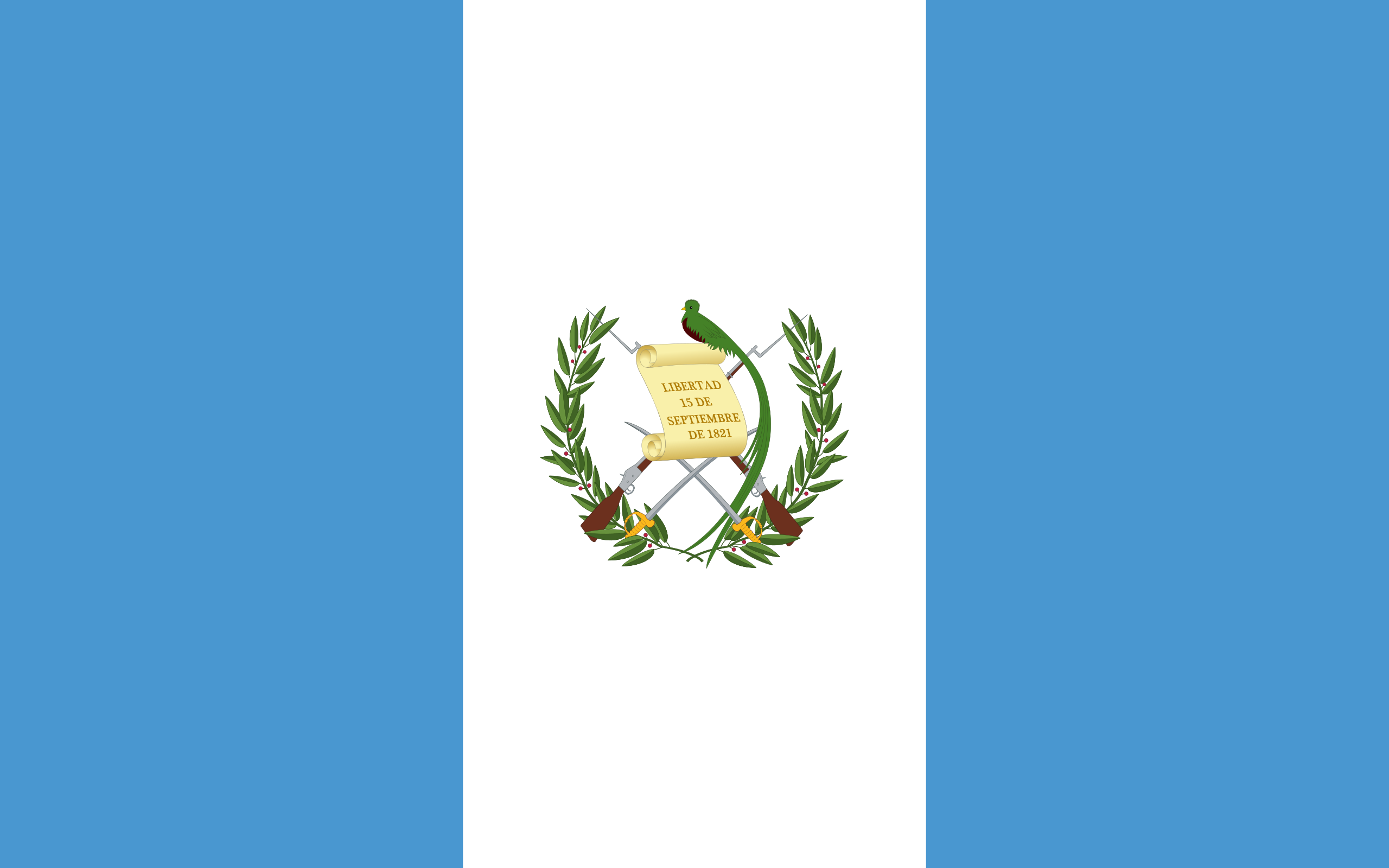On Monday of last week, the right-wing Florida Gov. Ron DeSantis proudly visited the New College Florida for his new, conservative higher education project. For years DeSantis has been on a crusade on 'woke culture' in all areas of life. His new enemy: inclusive education. On Monday May 15, DeSantis signed a bill banning any state funding for diversity, inclusion and equity programs on public colleges.
At the forefront of this culture war DeSantis has placed the New College Florida which has been subsidized with $50 million since the beginning of the year, and has seen a significant change in staff and educational programming. According to DeSantis, this funding is needed for a conservative transformation into a 'top classical liberal arts college'. And a radical transformation it is! After replacing the university board with DeSantis supporters, a purge-like culture erupted. Within a short period of time, the board got rid of the DEI (diversity, equity, and inclusion) office and fired the president, replacing him with a conservative interim president. This new head kicked off his tenure by firing the diversity dean, a trans gender individual, and the librarian, who is part of the LGBTQ+ community as well. But the restructuring doesn't end there. The university is looking to invest the provided money into the hiring of new teachers, the creation of new sports teams, and the recruitment of new students. Furthermore, a new curriculum was established, restricting what topics will be allowed to be taught at the college. This ideology of control and limitation leads to a system in which any lesson planned by teachers must be reviewed and approved by university officials, a process that does not only harm education, but will also slow down the teaching process.
DeSantis' visit at the New College in Sarasota was greeted by rallying and chanting of students opposed to the changes. During this propaganda event, the conservative board appointee Cristopher Rufo expressed his support for DeSantis' education policies and called the new restrictions a "once-in-a-generation reform."
Though the New College is the only university which has undergone this reform so far, it is most likely that this reactionary schooling culture will spread throughout Florida, under the SB 266 education bill.
It is devastating to see how such a hazardous ideology can ravage an established school system. If this crusade against inclusive education spreads to more conservative states, it will not only harm the diversity of education and indoctrinate students into a conservative, right-wing world view but will also establish a culture of division and discrimination against LGBTQ+ individuals, PoC's, women and anyone not fitting in with the white supremacist, straight, Christian ideology, pushed by the conservative political forces.



